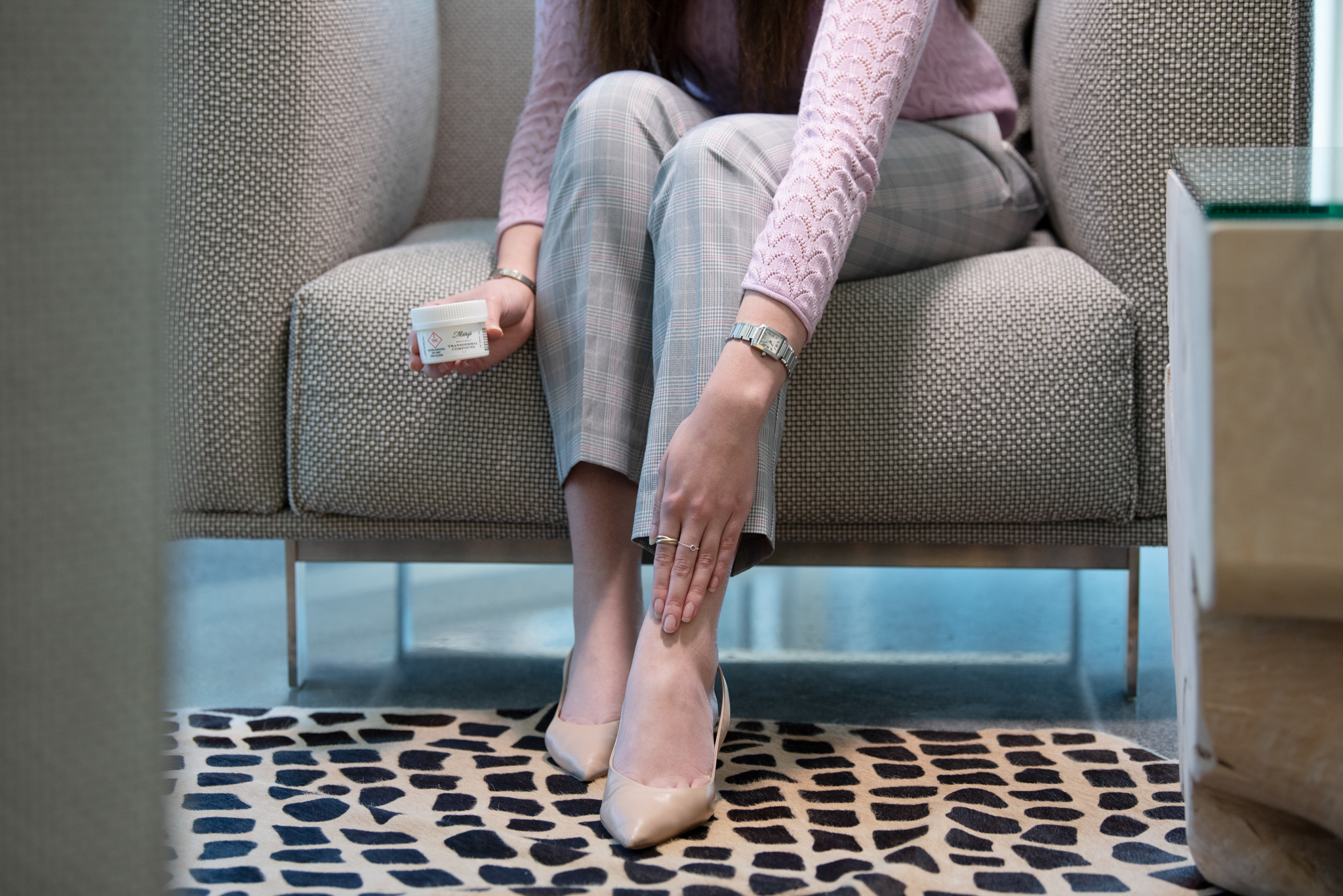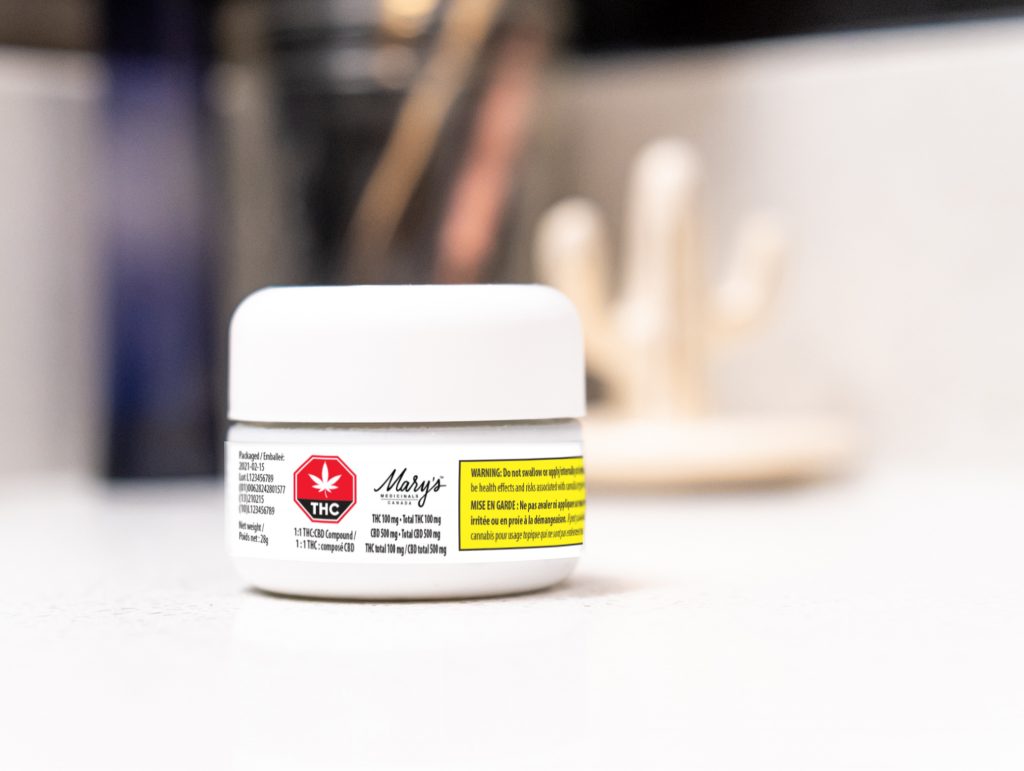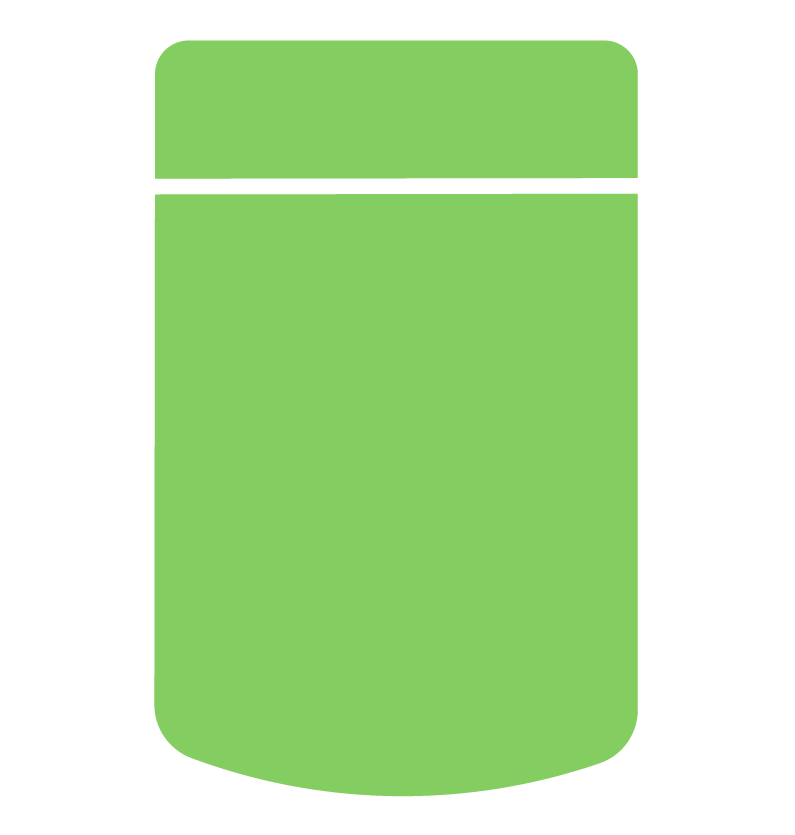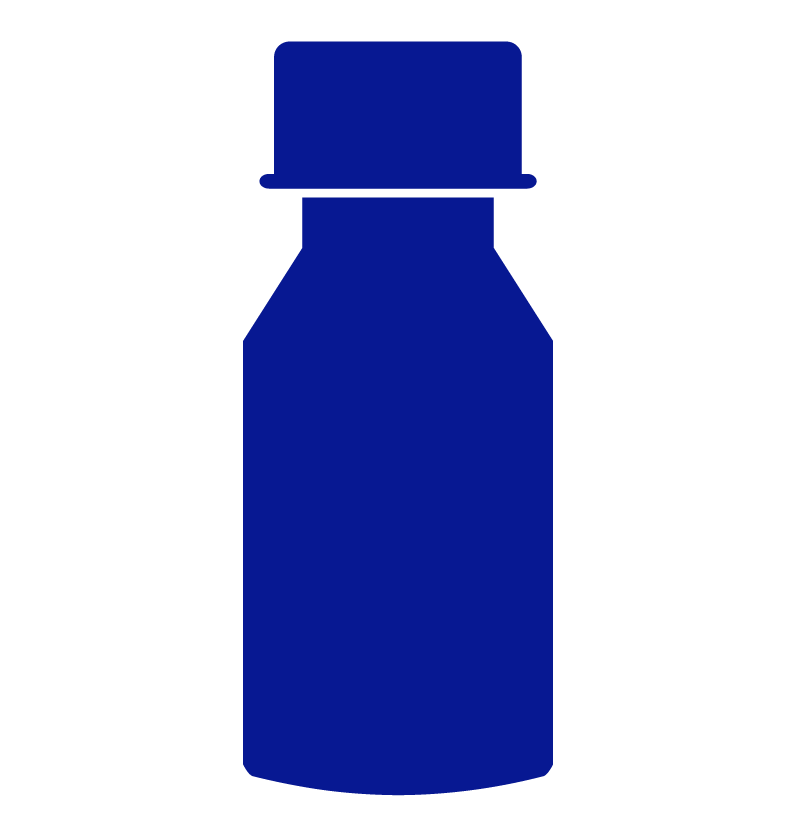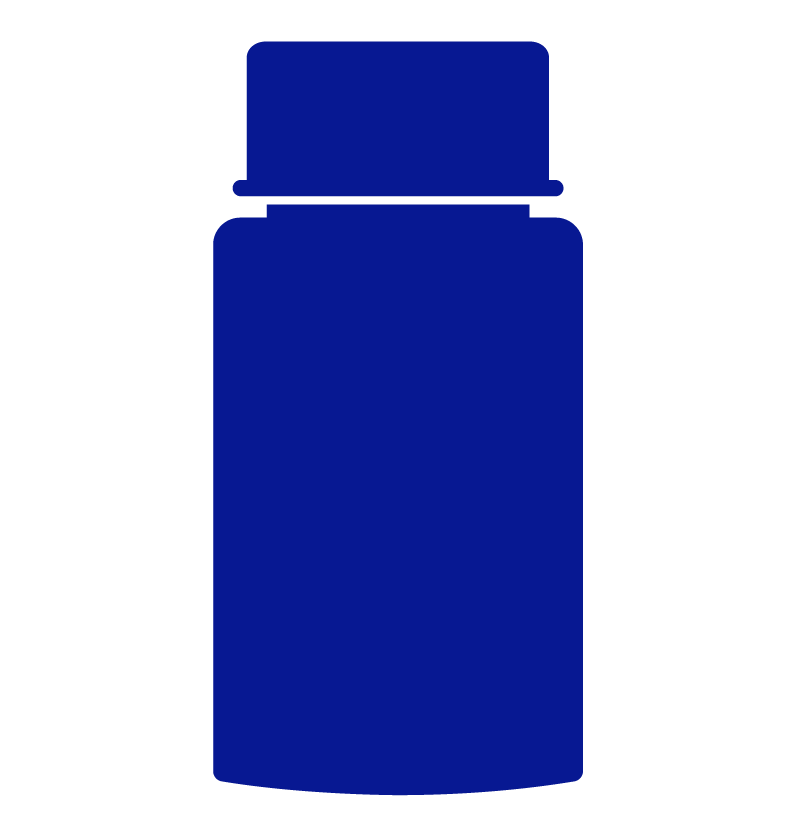Previous Article
The Relationship Between Anxiety and Cannabinoids
Mental illness will impact all Canadians at some point - whether it is directly or indirectly.
Did you know…?
• 1 in 5 Canadians will experience mental illness directly
• Mental illness can impact you, regardless of: age, sex, socioeconomic status or culture
• 5% of the household population is impacted by anxiety disorders
Recognizing the Sign of Anxiety
Most Common: Nervousness, irritability, restlessness, trouble sleeping, fatigue, trouble concentrating
In extreme cases: Trembling, dizziness, weakness, shortness of breath, excessive perspiration, numbness or tingling, rapid heart rate.
The Endocannabinoid System
The endocannabinoid system (ECS) is a well-established system that dates back over 500 million years. It has been found in the earliest known nervous systems and is crucial to our survival. As a result, the ECS is vital for the development, function, and control of our entire nervous system, as well as a variety of bodily functions.
The ECS communicates through a class of compounds called endocannabinoids, which are produced naturally by our bodies and attach to our own internal cannabinoid receptors. Cannabinoids from the cannabis plant (such as CBD and THC) have properties that are similar to those of our internal endocannabinoids.
The Relationship Between Anxiety and Cannabinoids
CBD is one of the two major cannabinoids found in cannabis plants, and unlike THC, CBD does not cause intoxication or activate the receptors that provide sensations of euphoria or 'high.' CBD has been reported to help with symptom management in a variety of conditions, including inflammation, seizures, and anxiety.
When we are under stress as a result of a perceived threat, our fight-or-flight response is triggered. CBD interacts with the ECS in parts of the brain involved in emotional processing, such as fear, anxiety, and aggression, perhaps reducing panic and anxiety by decreasing the stress response.
In some patients, THC has been showed to contribute to calming and anti-anxiety effects. On the other hand, THC can contribute to negative symptoms which increase anxiety. When CBD is administered with THC, it can ‘undo’ the unwanted anxiety-inducing effects.
Incorporating Medical Cannabis in Your Treatment Plan
• Everyone's experience with medical cannabis and its effects on the mind and body is different and unique. When it comes to creating realistic treatment goals, it's critical to understand the effects of cannabis. When considering introducing medical cannabis, always consult with a healthcare professional.
• It's crucial to learn about THC, CBD, and the many strains of cannabis, as well as how they affect your health and well-being.
• Pace yourself because everyone reacts differently to cannabis, which is why healthcare professionals always advise to start slowly and gradually increase your dosage until you achieve your therapeutic goals.
• Keeping a journal of your medical cannabis experience will assist you in achieving the greatest results by recording your dose, method of consumption, strain, and body's reaction.
What else can you do to help alleviate anxiety symptoms?
• Mindfulness meditation
• Regular exercise
• Eating well-balanced and nutritious meals
• Maintaining social connections
• Therapy/Counselling
• Medication
• Attending support groups
Do you or someone you know suffer from anxiety and would like to speak with a licensed healthcare professional about medical cannabis? Please Book an Appointment today.
Next Article
A Day in the life of a Medical Cannabis Nurse Practitioner
A Nurse Practitioner (NP) specializing in medical cannabis is uniquely responsible to take everything into account regarding a patient’s care. This incorporates psychological considerations, pre-existing conditions, medication reconciliation, and most of all, education. This National Nursing Week, let’s take a look together with us on a day in the life of a Medical Cannabis Nurse Practitioner with Mary Ghazarian, NP from North Star Wellness.
Q: What is a typical day as a Medical Cannabis Nurse Practitioner?
A: My patients come from diverse backgrounds and range in age from youth to senior, but all have similar goals to improve their health, symptoms, and quality of life. Most of my work revolves around patient assessment, diagnosis, and treatment. I conduct a thorough evaluation of past medical history, medications, and symptoms they hope will improve with medical cannabis such as chronic pain, mood and insomnia. I educate patients about medical cannabis components such as CBD and THC, potential benefits and side-effects, and methods of administration. I authorize medical cannabis when indicated and recommend a personalized medical cannabis treatment plan to alleviate symptoms. Following an assessment and medical cannabis authorization, I complete insurance forms and advocate for coverage if a patient is declined. I see patients for follow-up to keep them on track with optimizing medical cannabis to meet their treatment goals.
Q: What is the decision that led you to become a Medical Cannabis Nurse Practitioner?
A: I first pursued education in medical cannabis in 2018 around the time of cannabis legalization in Ontario. At the time, my patients from adolescents to seniors were asking questions and I wanted to have answers. As an emerging field, medical cannabis was new, exciting, and in line with my interests in functional and holistic medicine. Everyone was familiar with cannabis as a flower that was smoked, but other options like cannabis oral spray or cannabis extract were new for many and greatly contributed to decreasing the stigma around cannabis. I moved from part-time work in medical cannabis to a full-time when I saw my patients having repeated success with decreasing opioids, benzodiazepines, and other medications, and improving their quality of life. Specializing in medical cannabis has allowed me to focus on continuing my education in medical cannabis, to keep on top of new research, and to eliminate the barrier to personalized medical cannabis assessment and treatment which can be difficult to access.
Q: In your experience, what are the main factors that make patients turn to cannabis?
A: I have seen three common themes for patients seeking medical cannabis:
1) They have exhausted all solutions in the traditional medical system.
2) They were already taking cannabis recreationally and are looking for more personalized advice on how to take cannabis as a medicine.
3) Medical cannabis was recommended by a trusted health care provider, friend, or family member.
All patients entering my (virtual) office are looking for something to improve their quality of life. This might be joint pain relief, arthritis pain treatment, chronic pain treatment, a sleep aid, balancing their mood, managing nausea associated with chemotherapy or addressing other distressing symptoms. No matter what factor has led a patient to me, we can work together to see whether medical cannabis is right for them.
Q: What do you love most about being a Medical Cannabis Nurse Practitioner?
A: My patients come from an infinite number of backgrounds, but all have similar goals to improve their health, symptoms, and quality of life. I love seeing patients in follow-up and hearing about how medical cannabis has helped them not only improve their symptoms, but to be able to go back to doing the things they enjoy like walking their dogs or playing with their grandchildren. When it comes to chronic issues like pain, insomnia and mood disorders, managing symptoms can be incredibly challenging because symptoms tend to feed into each other and it’s hard to break the cycle. Medical cannabis may not get rid of a condition, but it can decrease suffering and provide relief from symptoms to improve quality of life and that is what I love about my work as a Nurse Practitioner specializing in medical cannabis.
